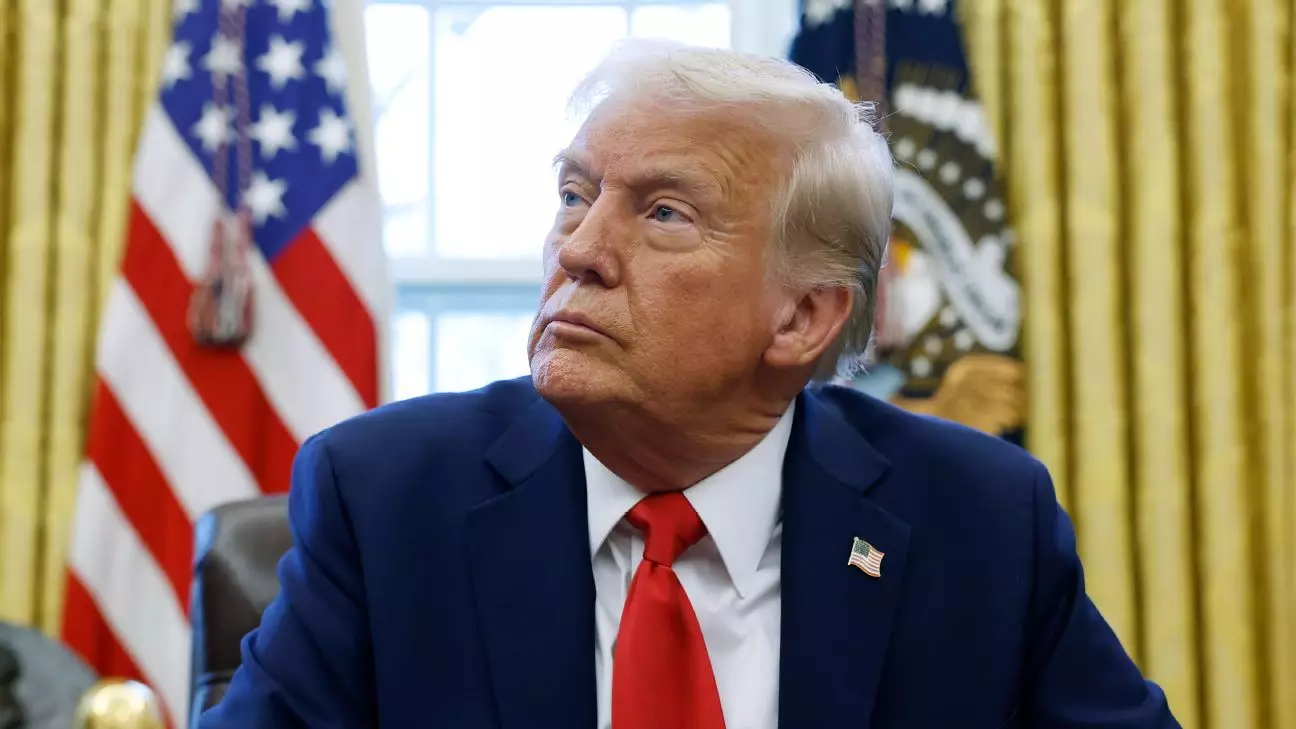In an extraordinary moment for American sports history, Donald Trump has become the first sitting U.S. president to attend the Super Bowl, set to take place in New Orleans this Sunday. This unprecedented attendance marks a significant departure from tradition, as previous presidents have often opted to skip such public spectacles. The implications of this event stretch beyond the realm of sports; it embodies the intermingling of politics and popular culture in contemporary America.
Preparation and Security Measures
In light of Trump’s attendance, the U.S. Secret Service has been proactively coordinating safety measures for the event. Their spokesperson, Anthony Guglielmi, detailed how extensive groundwork has already been laid in the days leading up to the Super Bowl. The heightened security measures reflect not only the usual concerns associated with a major public gathering but also the unique circumstances surrounding a sitting president’s presence. Attendees can expect thorough communication regarding security checkpoints and procedures aimed at ensuring the safety of everyone involved, from fans to players.
In addition to attending the game, Trump will engage with the media landscape by participating in a pre-game interview with Fox News anchor Bret Baier. Such interviews have become a staple for presidents during high-profile events, demonstrating a blend of entertainment with political engagement. Trump’s media strategy appears to maintain a balance between tradition and personal flair; he has expressed cautious enthusiasm regarding the game, acknowledging standout players without committing to a favored team.
Trump’s previous comments about the NFL—particularly his social media congratulatory message to the Kansas City Chiefs—illustrate the intertwining of his political identity with sports narratives. His acknowledgment of the Chiefs following their AFC Championship victory paints sports achievements as part of a broader dialogue with his voter base, leaning into the notion that athletic success can be seen as reflective of political ferocity. This intersection of sports and politics is not new, but Trump’s approach amplifies its resonance, suggesting that sports may serve as a backdrop for political dialogue and identity for many Americans.
While the presence of a sitting president at such a grand event may seem like a simple gesture, it carries with it a multitude of cultural implications. As Americans gather to celebrate one of the most-watched sporting events in the country, Trump’s attendance could influence how the relationship between sports and politics evolves moving forward. It is a notable moment that reflects current societal dynamics, raising questions about the role of leadership in popular culture, and the impact such participation has on national dialogue. As we approach the game, the anticipation extends beyond the football field and into the collective consciousness of the American public.


Leave a Reply